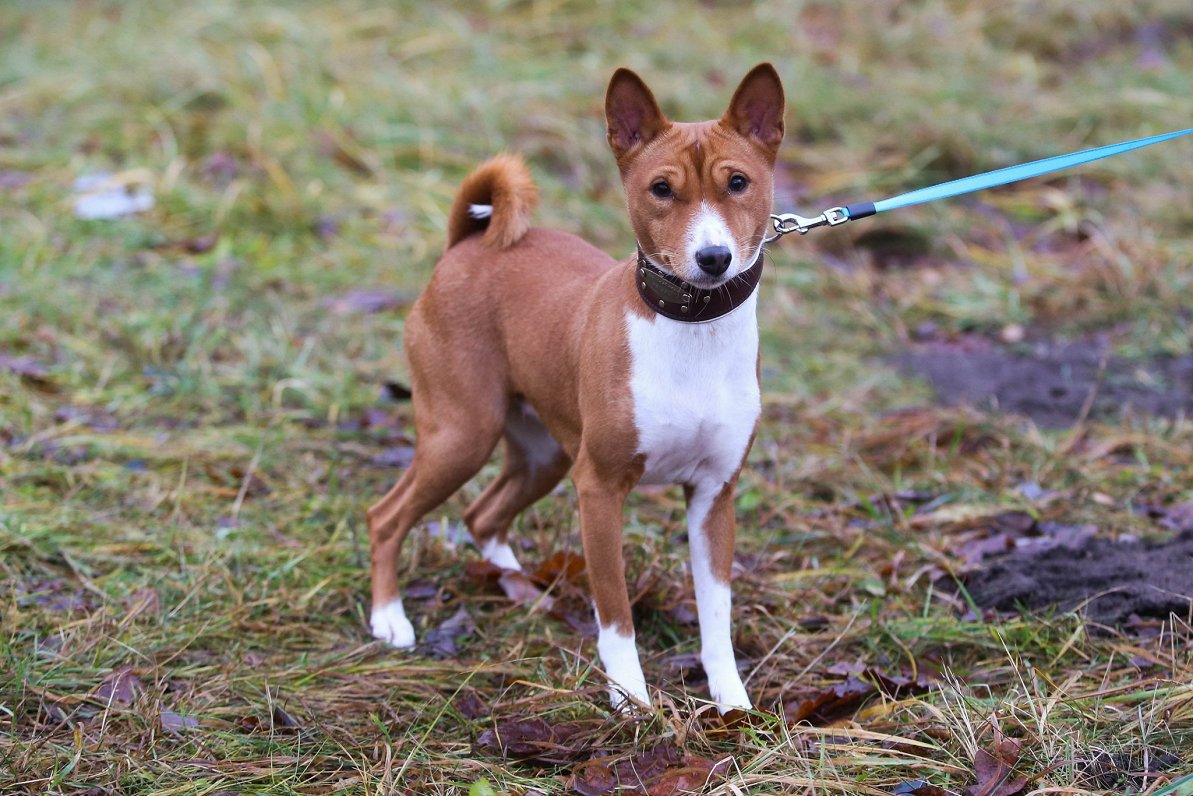The amendments to the Animal Protection Act are designed to improve the welfare of animals, prevent uncontrolled breeding and seizure, and reduce the number of stray and shelter animals.
The changes will enter into force on July 1.
The amended law makes it illegal to keep dogs born after August 31 2023 tied. This does not mean that a dog cannot be tied for a moment, for example while the owner is going into a shop or in similar situations, but that it cannot be kept tied in the sense that the dog "spends its entire life on a chain".
The cases in which dogs can be tied will be set out in government regulations.
The law is also amended to allow local authorities to designate areas where it is forbidden to have a dog or to have a dog off a lead, rather than designating areas where it is allowed.
The amendments to the law impose additional obligations on the owner of the animal for the protection of domestic animals, stipulating that a domestic animal may be reproduced, without harm to the animal's health, at an age when it has reached breeding sexual maturity. It stipulates that a female dog, cat, and ferret may not have more than one litter per year.
On the other hand, amendments to the Veterinary Medicine Law adopted with urgency state that in the future, it will be necessary to register and chip not only dogs but also cats and ferrets.
Consequently, the changes to the Veterinary Medicine Law stipulate that owners or keepers of animals will have a duty to ensure that the cat and ferret of the house is marked with a chip in accordance with the procedures specified by the Cabinet, that it has a passport and is registered in the database of the Domestic Animal Register of the Agricultural Data Center.
The amendments provide that any owner or keeper of a dog, cat or ferret whose animal has babies is to be considered a breeder of domestic animals. The owner is obliged to register the fact of breeding the animal by making a note in the database of the Pet Register. Pet breeding establishments shall be monitored and controlled by the Food and Veterinary Service.
The amendments also expand the rights of different law enforcement institutions to act upon offenses in animal welfare.





























